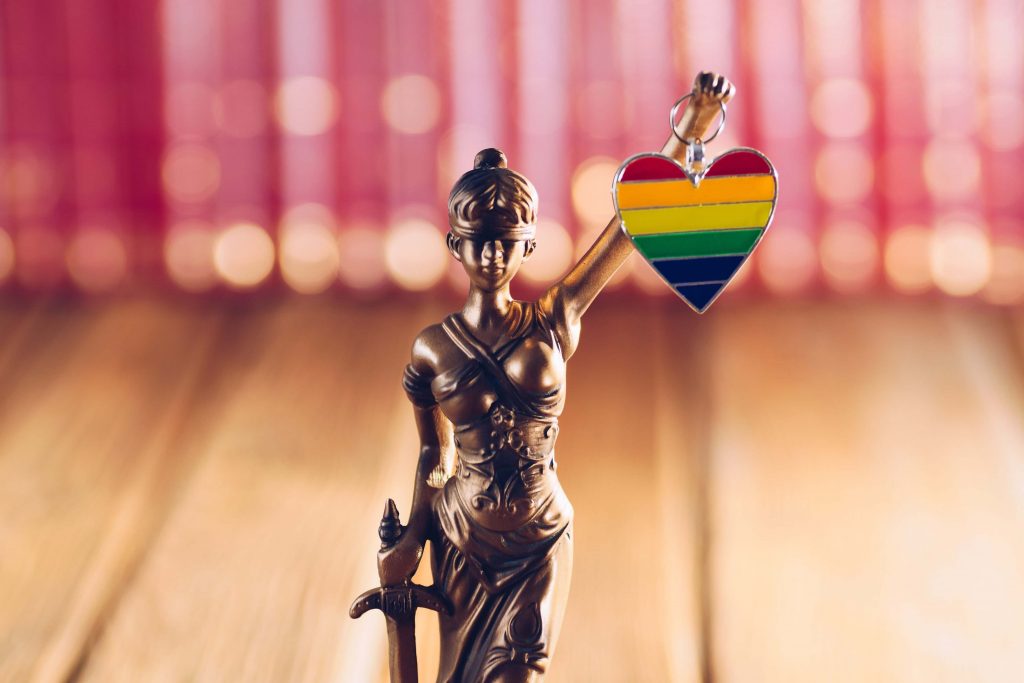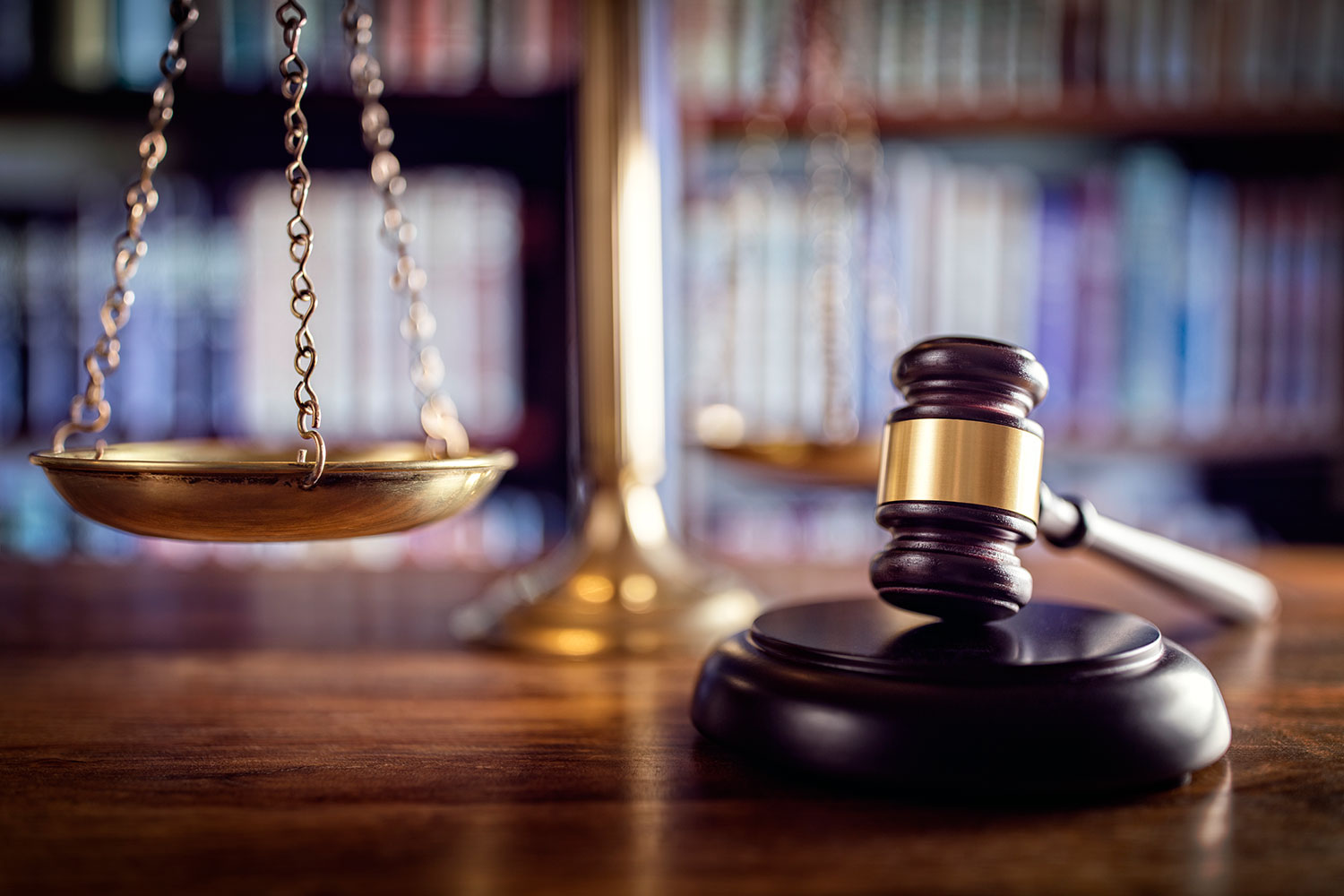
New York LGBT Discrimination Lawyer
Workplace discrimination is nothing new, but with modern societal developments, new areas of discrimination are coming to light. One of those areas is LGBT discrimination.
It is illegal to discriminate against any individual based on their gender identity or sexual orientation. LGBT discrimination can present itself during the hiring process or when the individual is on the job.
As a New York LGBT discrimination lawyer, The Howley Law Firm knows it is vital to identify which behaviors qualify as discrimination so that you can take a legal stand if anyone violates your rights.
If you are a victim of LGBT discrimination, The Howley Law Firm can help you recover damages.
Continue reading for a breakdown of discriminatory workplace behaviors, laws that protect against LGBT discrimination, and the actions you can take to seek justice as an LGBT discrimination victim.
What Constitutes as LGBT Discrimination?

LGBT discrimination is any unfair treatment given to an individual based on their sexual or gender identity, including transgender status and gender expression.
Over 5.5 million Americans identify as LGBT. That means a large portion of the population is vulnerable to mistreatment and opportunity losses based solely on their sexual orientation and gender identity.
Perpetrators of LGBT workplace discrimination can be a supervisor or boss, one coworker, multiple coworkers, and the company’s owner. The offender can be of the same or opposite sex.
If you feel disrespected, discriminated against, or unsafe in your workplace based on your LGBT status, you have the right to legally address the behaviors.
LGBT Discrimination Examples
Workplace LGBT discrimination presents itself in many different behaviors. Here are some examples of how an employer can execute LGBT discrimination.
Refusal to Hire
By law, an employer cannot deny someone employment based on gender identity or sexual orientation. If you feel that you lost a job opportunity on this basis, you may have the right to pursue legal action.
Unequal Wages
Some employers may hire an LGBT individual but deny them equal pay based on their LGBT status. Be sure to verify and compare your wages to your coworkers to determine whether or not you are receiving fair compensation. Wages include the benefits your employer offers you.
Training Disparities
If you feel that your employer is overlooking or denying you training opportunities based on your gender identity or sexual orientation, you may have the right to pursue legal action.
Reducing Workload or Hours
Some employers might take away current projects, reassign clients to different workers, or lessen scheduled hours in response to an individual’s LGBT status. Actions of this nature qualify as unequal discriminatory treatment.
Promotion Denial
An employer might refuse to promote an individual based on their LGBT status. An example of this might be someone who applies for a promotion under their preferred name, indicating gender identity or transgender status, and not receiving the promotion as a direct result.
Job Dismissal
It is illegal to fire an individual based on or influenced by their LGBT status. LGBT discrimination also applies to redundancy. Redundancy is when an employer has to terminate several employees, not concerning job performance, like during an economic recession.
By law, an employer cannot use an individual’s sexual orientation or gender identity as criteria for job dismissal in redundancy scenarios. Redundancy is one of the most prevalent ways employers execute indirect LGBT discrimination.
Pressuring an LGBT employee to quit also falls within workplace discrimination guidelines.
Unfounded Discipline
An employer might administer write-ups or execute another kind of disciplinary action without cause solely because of their perception of an individual’s sexual orientation or gender identity.
Harassment
LGBT harassment ranges from enduring disrespectful or hurtful commentary surrounding someone’s LGBT status to experiencing threats or physical and sexual assaults. Any of these actions qualify as abusive harassment and are illegal and completely unacceptable in the workplace.
Harassment can include any commentary surrounding your body language or speech, requests for sexual favors, leering, questions about your sex life, sexual gestures, drawings depicting sexual acts, and sexual jokes.
It also includes bullying, derogatory name-calling, and pressure to engage in a romantic or sexual relationship. Groping, stroking, and any form of battery or sexual assault are also unacceptable and illegal.
What Laws Protect Against LGBT Discrimination?

Legal protection against this discrimination type is still very new. It wasn’t until 2020 that the Supreme Court established federal LGBT discrimination protection in the workplace by connecting it with the Civil Rights Act of 1964.
Exact legalities surrounding workplace LGBT discrimination vary from state to state, and since we are a New York LGBT discrimination lawyer, we are highlighting New York’s laws.
New York state law explicitly prohibits discrimination or harassment based on any worker’s gender identity and expression or sexual orientation.
To validate a legal LGBT discrimination complaint, you must prove that you possess one of the protected characteristics and that you received unlawful treatment as a direct result.
What Evidence Do I Need?
Direct and circumstantial evidence can support an LGBT discrimination complaint.
Direct evidence examples include any written statements, possibly in company policies, emails, or memos, that enforce discriminatory behavior. Explicit verbal statements that others can attest to witnessing also count.
Circumstantial evidence consists of facts that suggest discriminatory actions took place. Circumstantial evidence examples include shifts in treatment after coming out to coworkers, transitioning, or displaying a photo of yourself with a significant other of the same sex.
If you are presenting a case surrounding missing out on a promotion, job dismissal, or a reduction in hours or workload, you must present proof that you were qualified and there was no reason other than your LGBT status for the employment decision.
Contact an LGBT Discrimination Lawyer Today

The Human Rights Campaign found that 47 percent of LGBT individuals have experienced discrimination in the workplace. If you are a victim of workplace LGBT discrimination, you have the right to take legal action.
Contact the New York LGBT discrimination lawyers at The Howley Law Firm to learn your options and get the help you need.
FAQs:
New York State has laws that protect LGBT individuals from discrimination in employment, housing, public accommodations, and education. These laws include the New York State Human Rights Law and the New York City Human Rights Law.
During a consultation with an LGBT discrimination lawyer, you can expect to discuss your case in detail, including the events that led up to the discrimination, the impact the discrimination has had on your life, and your goals for the case. The lawyer will also explain the legal process and answer any questions you may have.
An LGBT discrimination lawyer can help you understand your legal rights, assess your case, and represent you in court or in negotiations with the party that discriminated against you.




